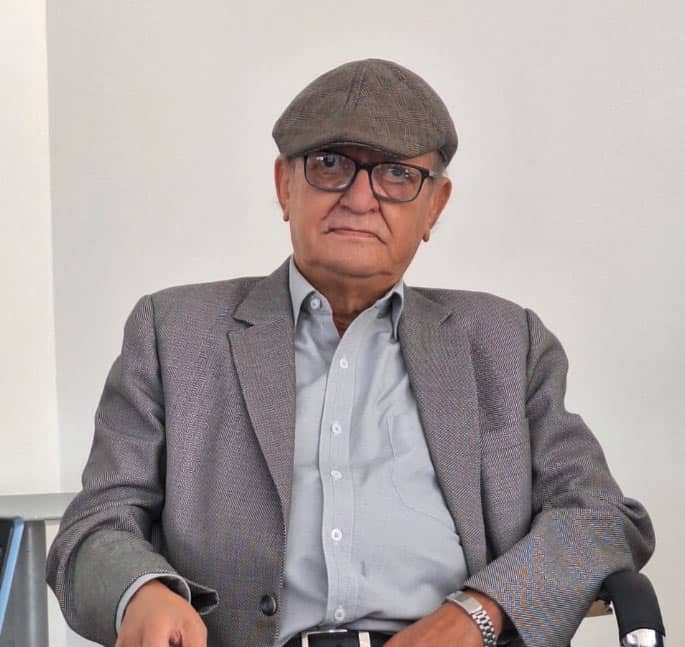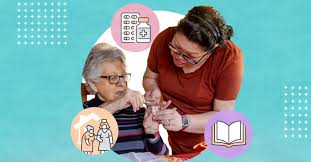By Elio Villaseñor G.
Director General of Citizen Initiative for
the Promotion of the Culture of Dialogue, AC
“It's always the right time
to do what is right”
– Martin Luther King Jr
The struggle for the recognition of care as a human right, a shared social responsibility, and a fundamental pillar of equality and social justice is not new. It has been built on contributions from communities, civil society organizations, academia, and international experiences that have placed the issue on the public agenda and paved the way for good practices.
As UN Women points out:
“The right to care is a fundamental human right, and its provision must be understood as an essential public good for gender equality and social justice.”
International experiences: territories of care
A significant example is the care territories promoted by UN Women.
This proposal seeks to transform community spaces into centers where the right to care is redistributed and guaranteed.
"Care territories" combine services such as childcare centers, daycare centers for seniors, community laundries, and recreational spaces. Pilot projects are already underway in Lima, Quito, and Bogotá, demonstrating how local governments, working hand in hand with society, can lead these policies.
Their main value is that they allow for the de-commodification and de-privatization of care, turning it into a common good guaranteed by the State, with a strong community anchor.
National experiences: the voice of domestic workers
In Mexico, the work of the National Union of Domestic Workers (SINACTRAHO) stands out:
Founded in 2015, it was the first domestic workers' union in the country, a pioneer in the fight for the recognition of rights in this sector.
Her activism led Mexico to ratify ILO Convention 189 in 2020, which protects the rights of domestic workers.
He has promoted access to social security, fair wages, and decent working conditions.
And it has placed the value of domestic and care work, both paid and unpaid, at the center of the public agenda, making visible what has historically been made invisible.
Academic and civil society contributions
Academics, activists, and social organizations have shown how caregiving often involves long, unpaid hours in contexts where women face job, school, and social insecurity.
This situation is not only an injustice, but a reality that keeps millions of people—especially women—uncertain about their most basic rights.
A step towards the law in Mexico City
Faced with this situation, on August 11, 2025, the Head of Government, Clara Brugada Molina, presented the Public Care System Bill to the Mexico City Congress, along with an amendment to Article 9 of the local Constitution to recognize care as a human right and eradicate the sexual division of labor.
The new system seeks to recognize, redistribute, and reduce caregiving tasks, clearly stating that "caregiving is not a private duty or a natural feminine destiny, but a shared social responsibility." The proposal establishes a 30-year horizon to achieve full coverage of care infrastructure in the capital, with the coordination of the 16 mayoralties, each with its own local system, linked to that of the entire city.
The challenge: putting communities at the center
This initiative responds to the struggles of communities and the ongoing work of civil society to recognize care and guarantee rights.
The great challenge now is to place workers and communities at the center as key actors in the implementation of these public policies.
It's about recognizing and strengthening community networks, learning from their best practices, and coordinating them with the efforts of civil society and the authorities.
Only in this way can we give a human face to care work and consolidate the principle that caring is a shared right and responsibility.






